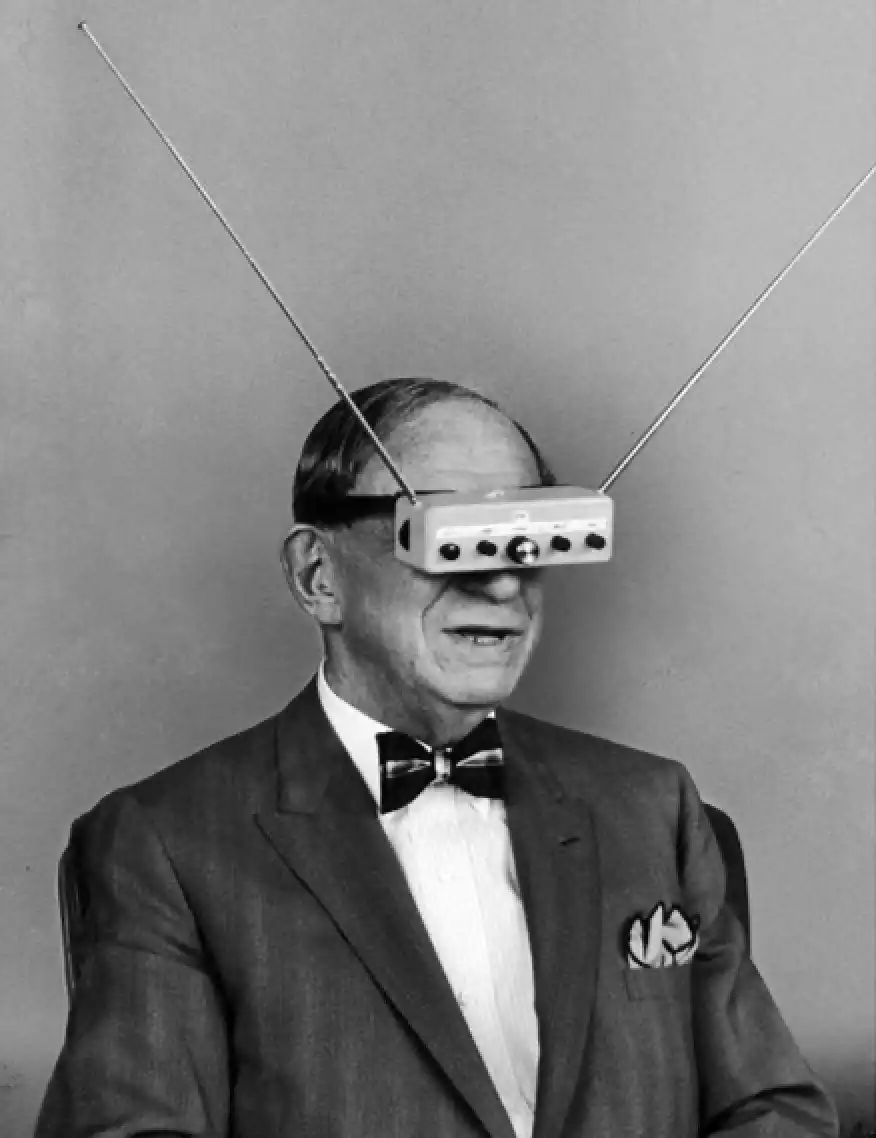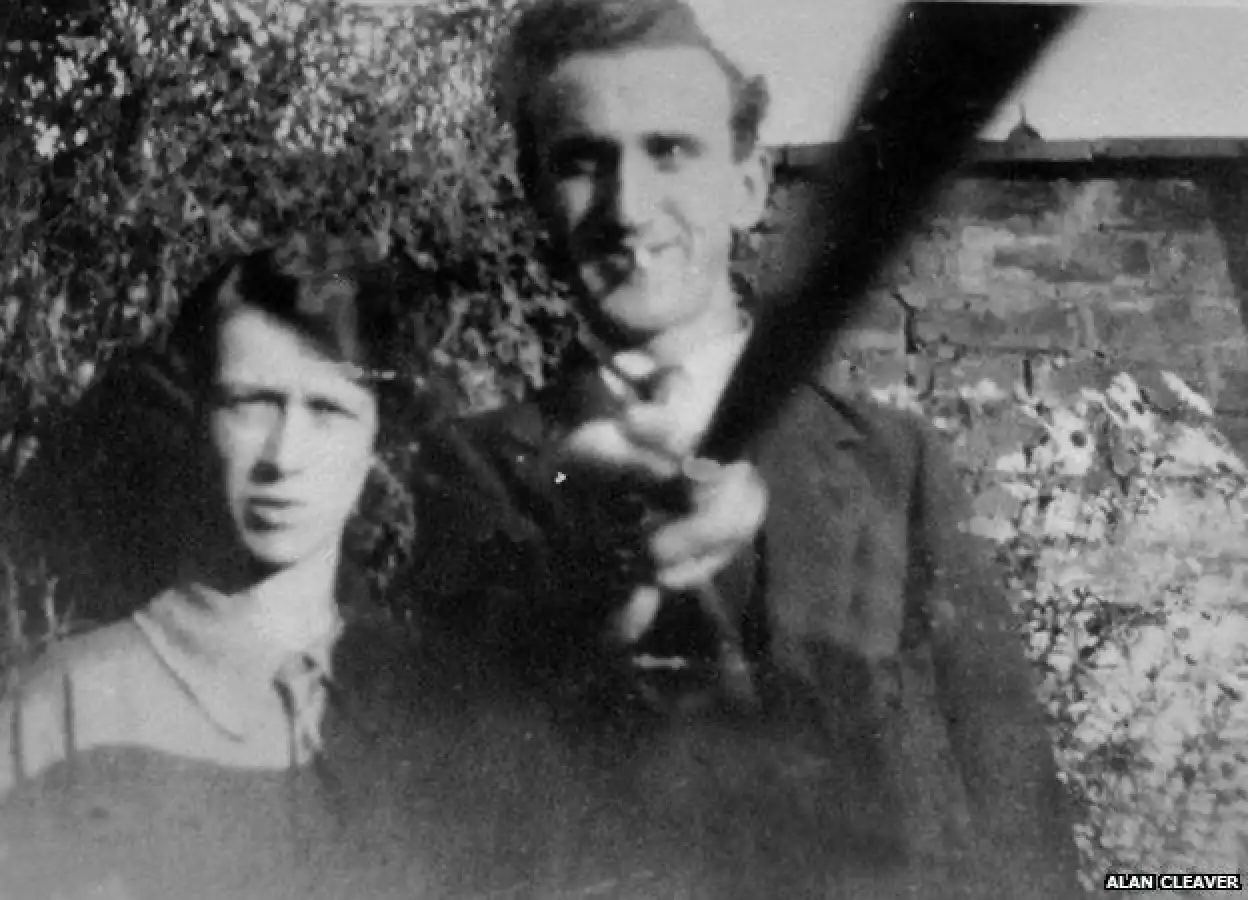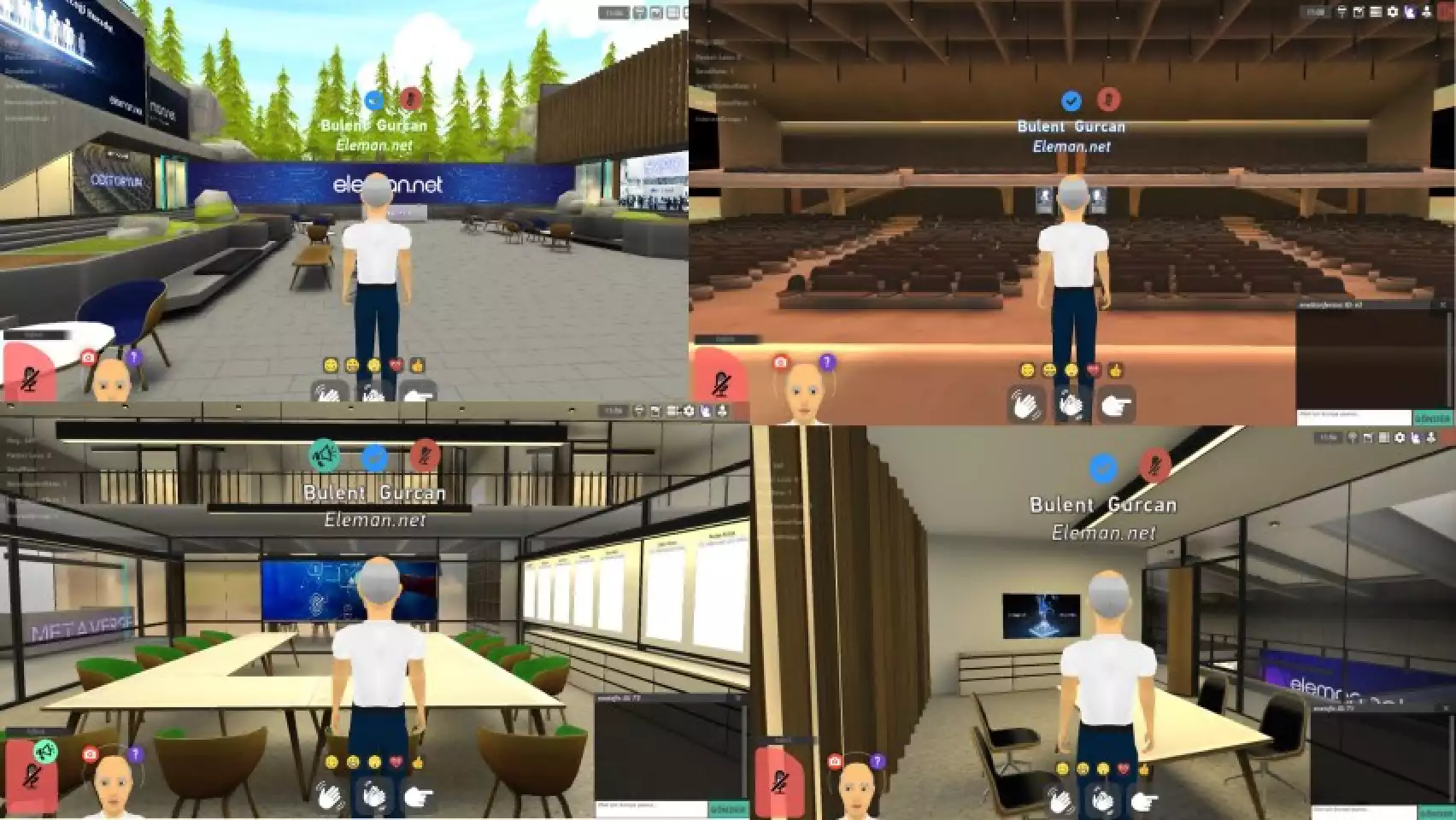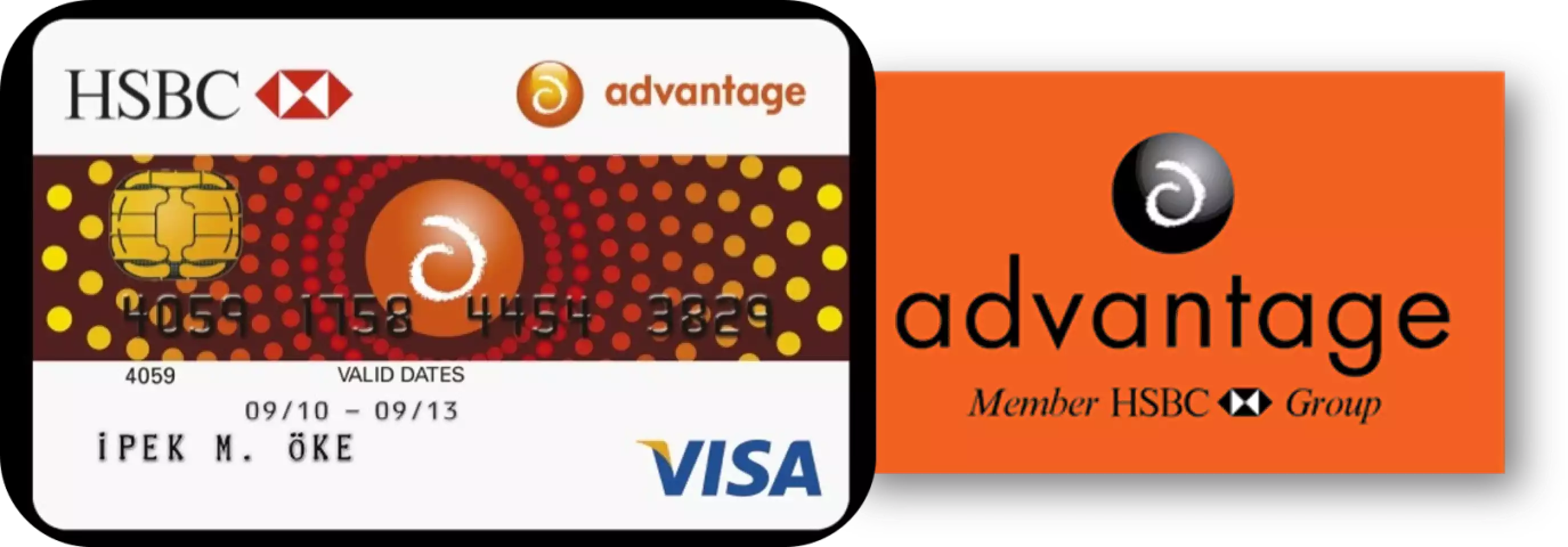BÜLENT GÜRCAN
I was born in Istanbul in 1971. My first job was selling lingeries in local bazaars in 1989.
I worked as a junior client executive in an advertising agency throughout college, unfortunately I was never just a college student.
I love solving problems. I always tried to identify social problems and come up with solutions for them. Advertising and marketing has always helped to satisfy my curiosity to understand human behaviors.
I was partner of Gable Monroe Clift Ad Agency in 1998. It was my first enterprise and I experienced how to manage an ad company.
My first digital attempt was a mobile app. In 2013 I was the Co-founder and general manager of Yuppi Mobile.
My second big enterprise was Teşkilat ICOM Ad Agency. I was Co-founder and general manager in 2007-2018.
I have more than 25 years of experience in advertising/marketing and business development. International and local brands across diverse categories: Automotive-FMCG-Finance-Tourism-Sanitary ware-Home & office security-Energy-Automation-Retail-Insurance-Cosmetics-Fast food-Metal industry Logistics…
SOME OF MY PREVIOUS COLLABORATIONS
GSM Operator: Vodafone, Avea Finance: Krediver / Societe Generale, HSBC, Yapıkredi, Oyak, Pamukbank Automotive: Toyota, Opel, Honda, Citroen, Subaru, Suzuki Automobile / Motorcycle /Marine-Outboards, Pirelli, Karsan, Anadolu Isuzu, DAF Trucks, MST Heavy-Duty Vehicles, BRC LPG Equipment, Vespa, Piaggio Media: Sabah, Show Radio, Radio 5 Energy: Petrol Ofisi Retail: Eve Personal Care Shops, UCZ Market, Intersport, Konyalı Watch Sanitary ware: Bien Ceramic, Vitra, Artema, Seranit Ecommerce: ÇiçekSepeti FMCG: Ülker, Solo, Selpak, Nivea, Dardanel, Erpiliç, Unibaby, Mr. No, Saray, Bifa,Yoncadan Organic Dairy Restaurant: Dardenia, Burger House Global Trade: ALX Hungary Home & Decor: Boydak International, Atlas carpet, EgepenDeceuninck Insurance: HDI, Acıbadem, Ergo, Allianz Industry: Assan Aluminum, AssanHanil, Onduline, ABB Accessories: Casio Security: Pronet, Prosegur Cosmetics: Kopaş Tourism: ETS, MNG Heating & Cooling: Panasonic
PRODUCTS ARE MADE IN A FACTORY, BRANDS ARE CREATED IN THE MIND
Branding pioneer Walter Landor
PHILOSOPHY
Plato's statement emphasizes that our needs are the driving force behind creation. Perhaps the proverb should be revised to say, "Urgent necessity is indeed the origin of invention.”
BACKGROUND
GRICREATIVE AD AGENCY
Growth Partner
ELEMAN.NET
Chiet Marketing Officer
SOYCAN GROUP
Business Development
& Marketing Director
MC SAATCHI
Business Development Director
TEŞKİLAT ICOM
Co founder & General Manager
MCCANN
Group Client Director
RPM RADAR / DENTSU
Client Director
GABLE MONROE CLIFT AD AGENCY
Managing Partner
MARMARA UNIVERSITY PR & COMMUNICATION
PUBLI GRAPHICS
Client Executive
TERAKKİ HIGH SCHOOL
EXPERIENCES
SERVICES

Is your brand overly complicated, confusing, or just plain chaotic? A redesigned brand architecture might be in order.
An intuitive brand architecture is the best way to bring your business’s range of offerings into focus, letting you better cross-promote them and gain control over how your brand is perceived by consumers.

A marketing strategy is a company's long-term plan of action that aims to promote its products and services and gain a competitive advantage.
Don’t confuse marketing strategy with a marketing plan, though. The main goal of a marketing plan is to attract new customers and turn them into loyal buyers. As your marketing plan should be firmly rooted in your company's value proposition, it helps you to market your products or services to consumers in a more compelling way.
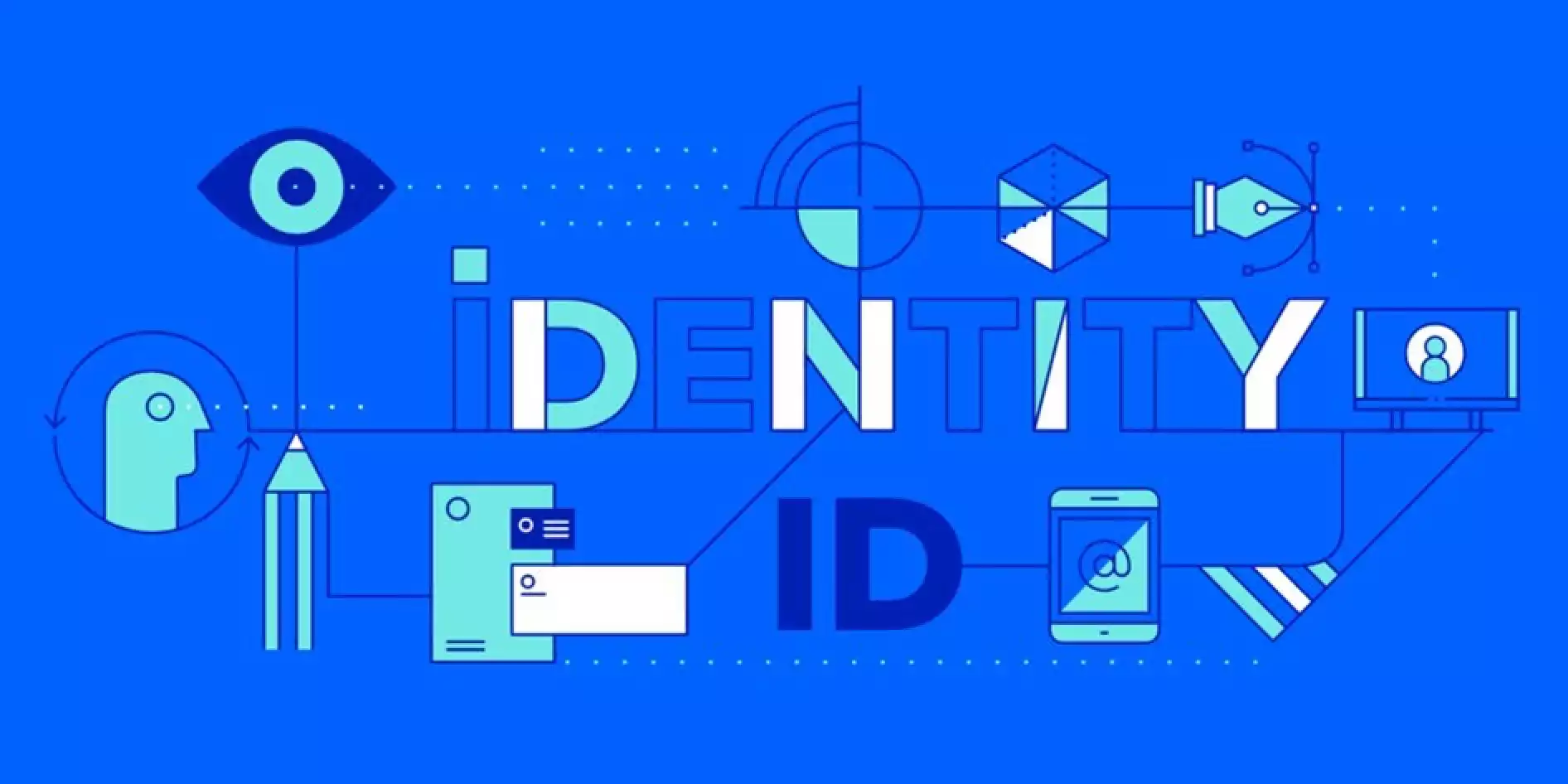
As we all know, any identity is built over time. It is the symbol or logo along with strategically designed marketing materials that will help guide and direct a consumer’s thoughts and opinions about your company.
This image is the first and last thing that causes consumers to recognize or recall your product or service. Therefore you want your corporate identity design to be noticeable, memorable, unique and capture the essence of your organization.

Market research is a vital element when developing your marketing strategy. When done correctly it can help to enlighten your marketing activities – such as understanding the requirements of your target audience, helping to understand what key messages you should convey and how to convey them. It should be treated as an ongoing activity – you should always be learning about your business environment, your customers and their needs and preferences. The environment is constantly changing so it’s important to make sure you are researching it and understand what factors are changing that could impact on your marketing plans.

It is like a salad. Several different ingredients go into it, making it the perfect and balanced mix. If you will, has a sprinkle of sales, a dash of marketing, a huge dollop of ideas, and lots and lots of time and energy. And research. And management. Okay, now I’m hungry:)

In this era of globalization, expanding one’s business in the global field has become an obvious decision for those who wish to progress and move forward. International expansion is a significant opportunity for many companies and entrepreneurs. It is a sign of success and growth, and it makes for a more prestigious reputation. While expanding globally has its many advantages, fulfilling this goal can be quite tricky and complicated, that is why it is essential to have an international expansion strategy.

The global pandemic has given an unprecedented push to ecommerce and many businesses have been forced to go digital. Maybe you too are new to selling online and asking yourself if you should be doing ecommerce marketing. Between choosing an ecommerce platform, building your ecommerce website, and trying to keep sales coming, it can be hard to take on one more strategic task. But that’s where ecommerce marketing comes in. Without ecommerce marketing, you wouldn’t make any sales. Launching your ecommerce site is not enough — people need to discover you before they spend money with you. More than this, you need to constantly remind them of your brand so they come back again and again, generating revenue.
ARTICLES
Why do your customers buy from you? What motivates people to choose you, to choose your products over the hundreds of alternatives? What makes your company, and your products, better than the rest? The answer is your value proposition.
When evaluating your draft, ensure it answers theese questions. What product are you selling? Who should buy your product? How will buying your product improve the visitor or their life? Why should the visitor buy from you and not your competitors? When will the value be delivered?
The Rise of Sharing Economy
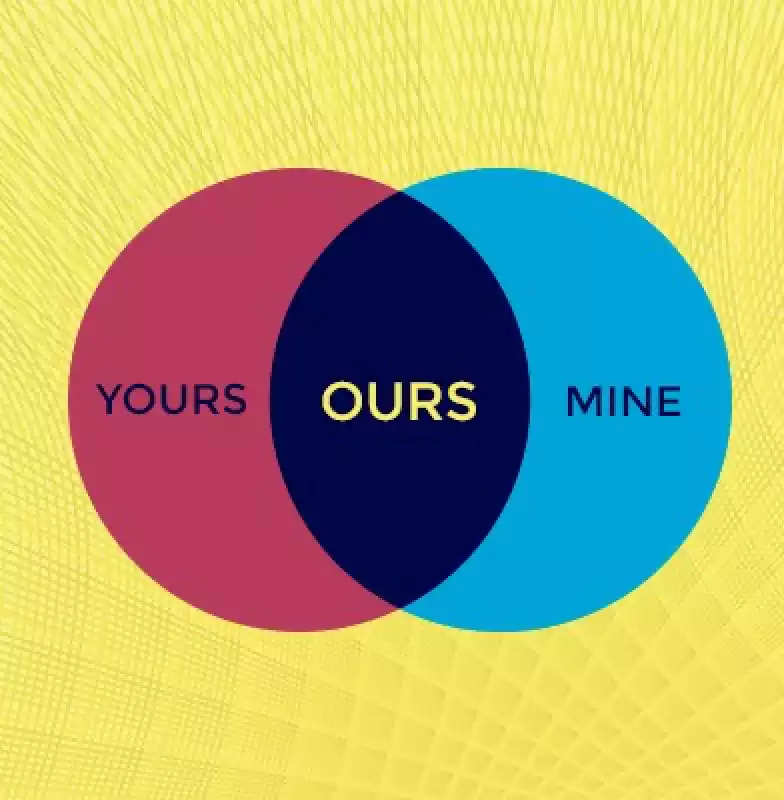
Airbnb hosts seem to prosper more than Uber drivers
In the past decade, technology firms such as Uber and Airbnb have given rise to the concept of the “sharing economy.” To most consumers, a precise definition is unnecessary — they need a ride, a place to stay or some other good or service obtainable across a modern platform.
But economists and others studying the evolving sector might benefit from a granular, consistent definition in order to ask more rigorous research questions.
In a paper published in the Journal of Management Studies, Colorado State’s Gideon D. Markman, UCLA Anderson’s Marvin Lieberman, Ohio State’s Michael Leiblein, Hong Kong Baptist University’s Li-Qun Wei and the University of International Business and Economics’ Yonggui Wang propose a new definition that attempts to demarcate the sharing economy from the broader economy and distinguishes it with respect to “other forms of economic organization and resource orchestration.” For more please check the link.
How NFTs will distrupt gaming & music in 2022
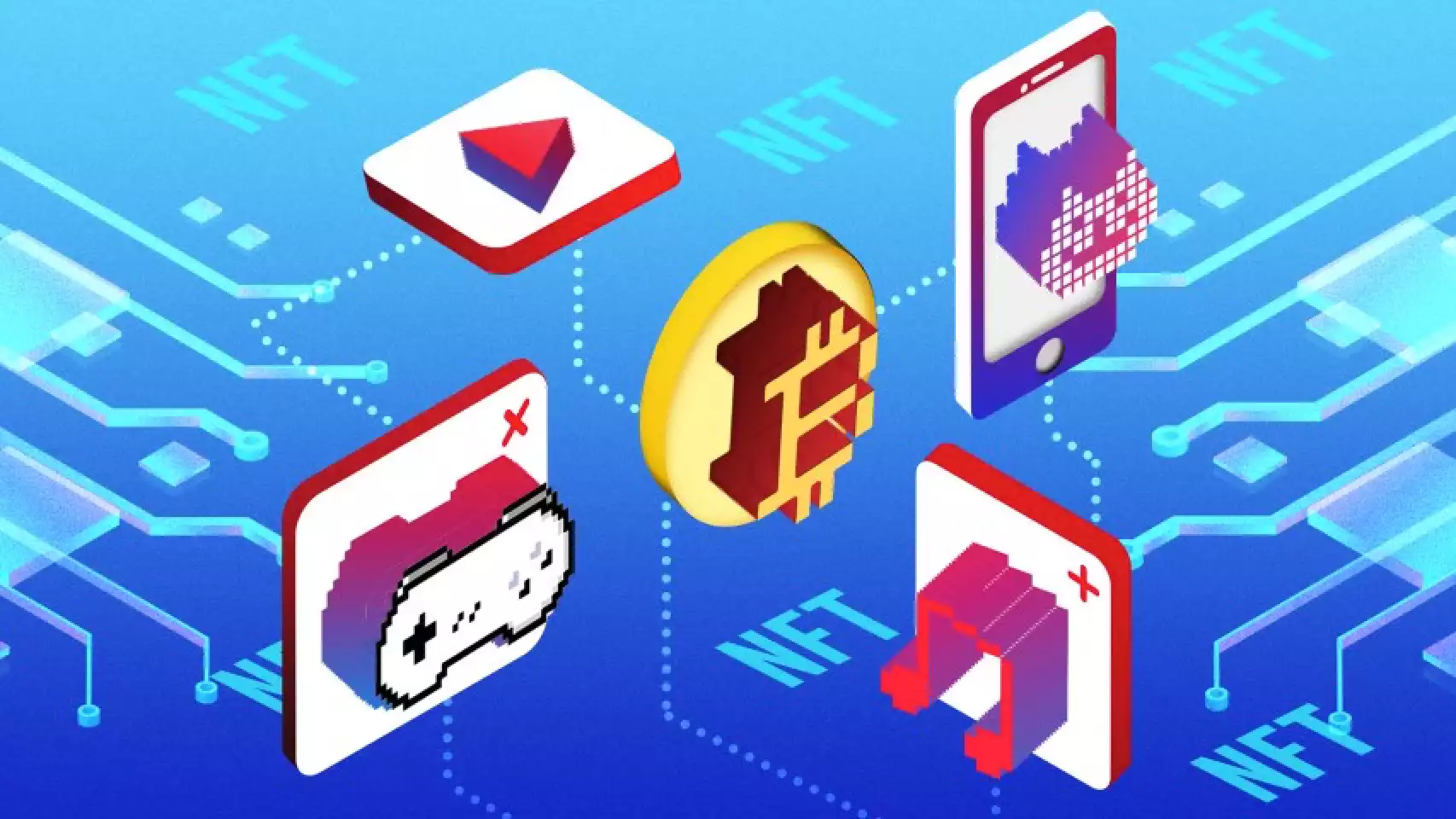
The market for NFTs is booming at an incredible rate, despite public skepticism over their merits and criticism for their environmental impacts. It’s a trend that’s caught the eye of many musicians, who see it not only as a new revenue stream but also a way to bring passion and excitement back to the relationship between their fans and their industry. “What we saw was, the demand curve for music has been pretty much flat,” said Justin Blau, an electronic musician who performs as 3LAU, at the Fortune Brainstorm Tech conference in Half Moon Bay.“Either you pay 99 cents on iTunes for a license to listen or you pay a subscription fee to get access to everything, but there's so much more emotional value in music that's not really being captured."
Cash grab or innovation? The video game world is divided over NFTs
The Ubisoft debacle highlights division in the gaming world over non-fungible tokens. Last month, for instance, Microsoft Xbox chief Phil Spencer warned some efforts to bring NFTs to video games feel “exploitive.” “There are definitely some aspects of [NFTs] that feel a little exploitive right now with some of these games,” Geoff Keighley, host of The Game Awards, told CNBC on a call ahead of the video game industry’s annual awards ceremony, which recently took place.
Robby Yung, CEO of Animoca Brands, an investor in Axie Infinity creator Sky Mavis, said the business model in gaming has changed over the years.
“Gaming’s historically more premium, meaning you bought cartridges or DVDs or, later, downloadables. You paid upfront prices for games,” he said.
“That has transitioned largely to an economic model around free-to-play. The idea is that it’s free upfront but you have virtual assets inside the game that you acquire to enhance and improve your gameplay.” Yung says the NFT approach is innovative as it means gamers can now take ownership of digital properties they buy within a game. Players can then take those assets outside of the game and exchange it elsewhere. He said the phenomenon reminds him of his childhood.
Metaverse! Is it new?
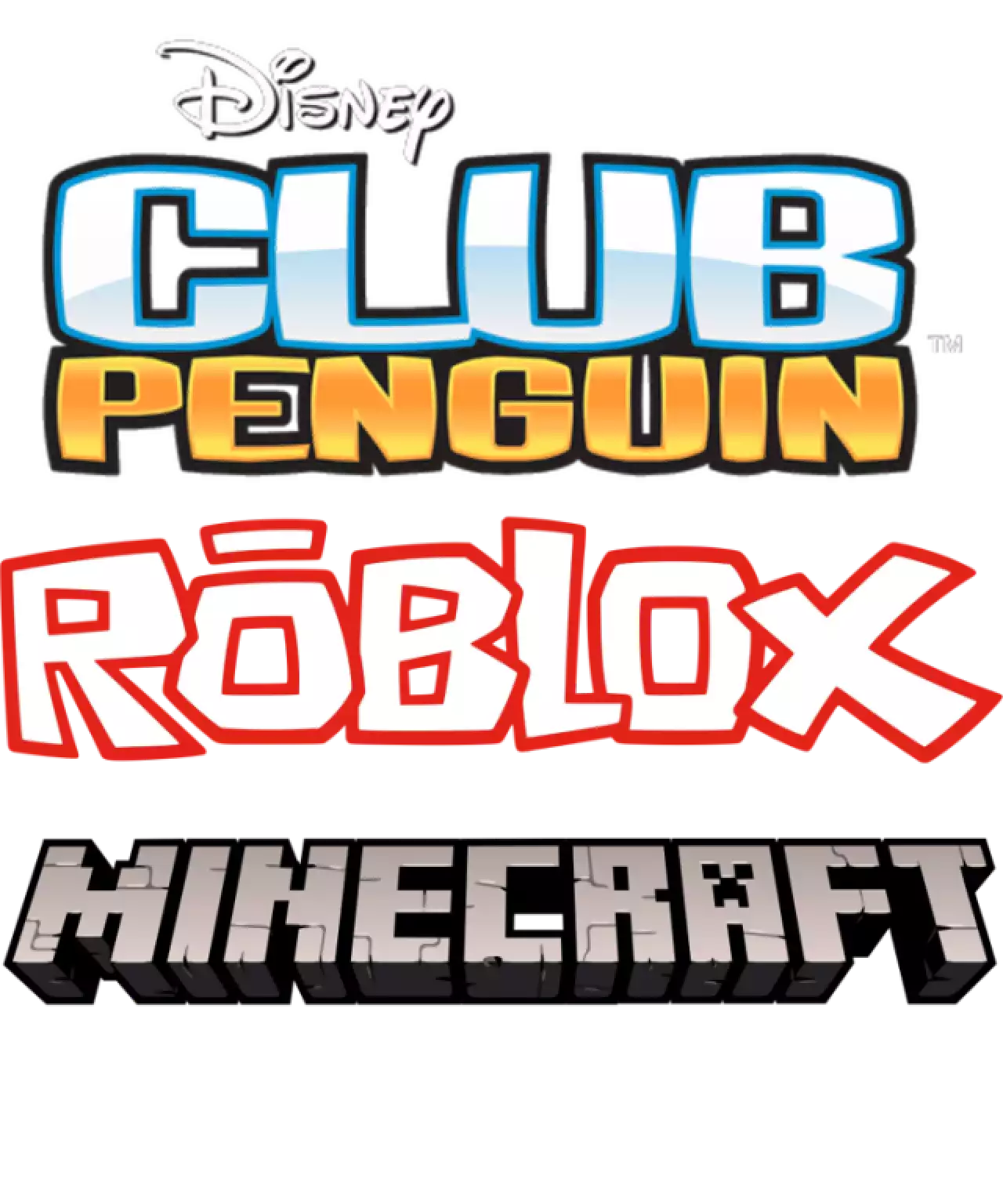
Roblox is an online game platform and game creation system developed by Roblox Corporation. It allows users to program games and play games created by other users. Created by David Baszucki and Erik Cassel in 2004 and released in 2006, the platform hosts user-created games of multiple genres coded in the programming language Lua.
Club Penguin was a massively multiplayer online game (MMO), involving a virtual world that contained a range of online games and activities. It was created by New Horizon Interactive (now known as Disney Canada Inc.). Players used cartoon penguin-avatars and played in an arctic-themed open-world. After beta-testing, Club Penguin was made available to the general public on October 24, 2005, and expanded into a large online community, such that by late 2007, it was claimed Club Penguin had over 30 million user accounts. In July 2013, Club Penguin had over 200 million registered user accounts.
Minecraft is a sandbox video game developed by the Swedish video game developer Mojang Studios. The game was created by Markus "Notch" Persson in the Java programming language. Following several early private testing versions, it was first made public in May 2009 before fully releasing in November 2011, with Jens "Jeb" Bergensten then taking over development. Minecraft has since been ported to several other platforms and is the best-selling video game of all time, with over 238 million copies sold and nearly 140 million monthly active users as of 2021.
The metaverse is nothing new.
Arguably, it’s been 60 years in the making. Its roots trace back as far as a 1960s ‘sword of Damocles’ augmented reality (AR) display, or the development of virtual reality (VR) headsets by Nasa in the ’80s. Remember Habbo Hotel or Club Penguin? That’s the metaverse.
Kids would probably roll their eyes that virtual worlds are finally reaching our marketing vernacular. Enough social media for gen Z; it’s all about social gaming on Roblox, Fortnite and Among Us.
We’ve had decades of niche pockets of society gradually buying into the metaverse, but 2021 brought a Fortnite concert attracting over 40m views for Travis Scott and a Meta rebrand from Zuckerberg.
Still not convinced the revenue opportunities are worth it? Look at Sotheby’s (the 300-year-old auction house). They made $100m in 2021 off their new NFT category and Decentraland gallery.
Suddenly, the threat of not having a virtual advantage is becoming real.
CONTACT

